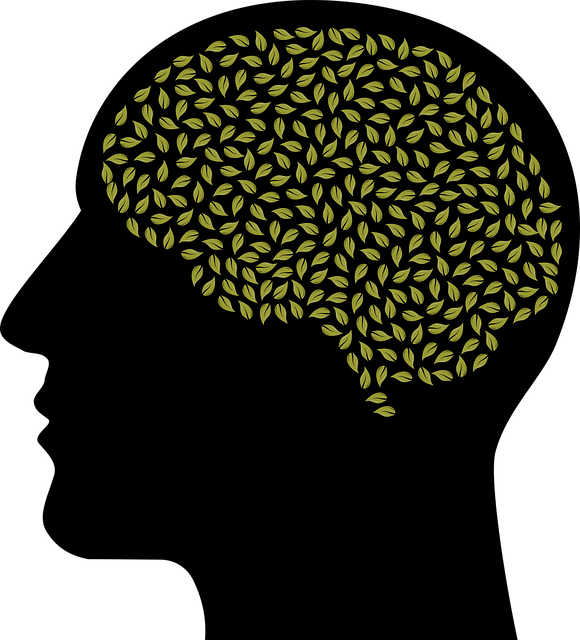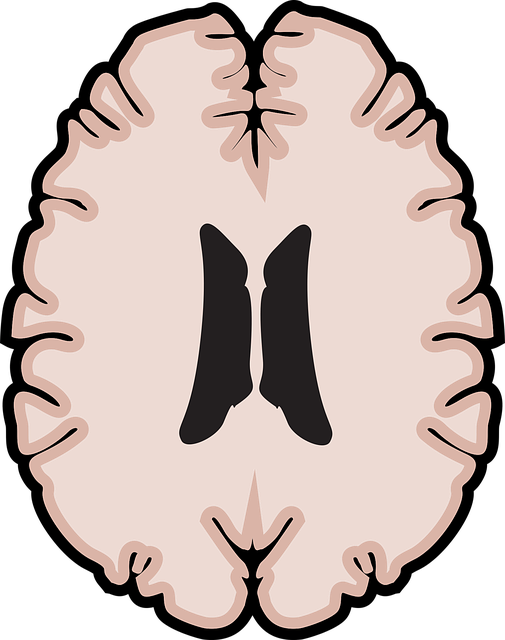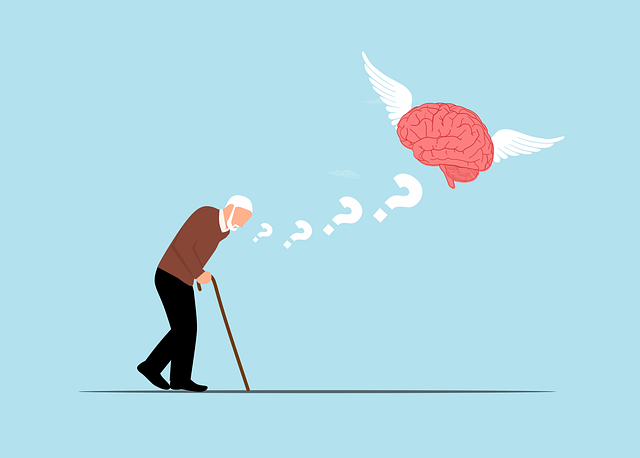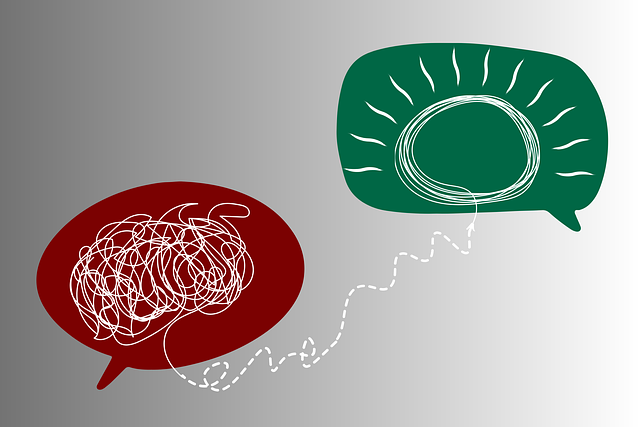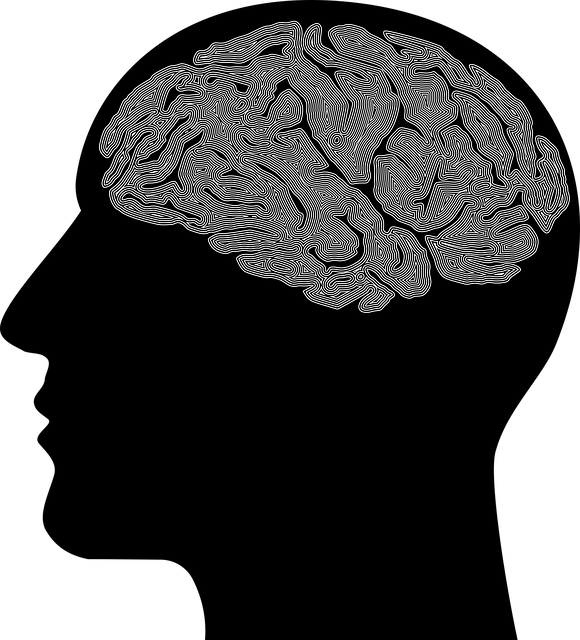Boulder Acceptance and Commitment Therapy (ACT) leverages mindfulness meditation as a core practice to enhance emotional well-being. By creating a dedicated, peaceful space and incorporating techniques like body scan meditation and conscious breathing, individuals gain present-moment awareness and psychological flexibility. This promotes effective decision-making aligned with personal values, stress reduction, and improved mood management, ultimately fostering resilience, self-esteem, and overall fulfillment in daily life.
“Unwind your mind and embrace a transformative journey with Mindfulness Meditation, a core practice in Boulder Acceptance and Commitment Therapy (ACT). This article guides you through the essential steps to cultivate present-moment awareness. From understanding the foundational principles of mindfulness to setting up a conducive environment for practice, we explore techniques to enhance focus and reduce stress.
Learn practical exercises to integrate mindfulness into your daily routine, fostering a lasting connection with yourself and a sense of freedom from limiting beliefs.”
- Understanding Mindfulness Meditation: A Foundation for Boulder Acceptance and Commitment Therapy
- Setting the Stage: Preparing Your Mind and Space for Practice
- Techniques and Exercises: Navigating the Path of Awareness
- Integrating Mindfulness into Daily Life: Cultivating a Lasting Practice
Understanding Mindfulness Meditation: A Foundation for Boulder Acceptance and Commitment Therapy

Mindfulness meditation is a practice that cultivates present-moment awareness, enabling individuals to observe their thoughts and emotions without judgment. This fundamental aspect forms the bedrock for Boulder Acceptance and Commitment Therapy (ACT). ACT integrates mindfulness techniques to help clients develop psychological flexibility—the ability to adapt flexibly to changing circumstances while staying aligned with personal values. By fostering resilience building through mindfulness, ACT supports individuals in navigating life’s challenges more effectively.
This practice also facilitates better understanding of one’s values and goals, enhancing communication strategies and social skills training. Through mindful awareness, individuals can become more attuned to their internal experiences, leading to improved decision-making and goal-directed behavior. Consequently, mindfulness meditation serves as a powerful tool within ACT to promote personal growth, well-being, and a deeper sense of fulfillment in daily life.
Setting the Stage: Preparing Your Mind and Space for Practice

Setting the stage for your mindfulness meditation practice is akin to preparing a cozy haven for emotional healing processes to unfold. Start by finding a quiet space where you can be undisturbed, akin to the peacefulness promoted in Boulder Acceptance and Commitment Therapy (ACT) sessions. Create an environment that supports focus and presence; this could involve dimming the lights or using soft lighting, playing soothing music, or adopting any ritual that helps you transition into a mindful state.
Take a few moments to breathe deeply, allowing each inhalation and exhalation to anchor you in the present moment. This simple yet powerful action initiates your mental shift towards mindfulness—a key component in both ACT and public awareness campaigns development aimed at improving mental health. By committing to this practice consistently, you’re not just setting aside time for yourself; you’re also engaging in mental health policy analysis and advocacy for a more balanced life.
Techniques and Exercises: Navigating the Path of Awareness

Mindfulness meditation is a powerful tool that fosters emotional regulation and mood management, making it a key component of Boulder Acceptance and Commitment Therapy (ACT). This ancient practice involves cultivating present-moment awareness and non-judgmental observation of thoughts and sensations. One effective technique is body scan meditation, where practitioners slowly focus attention on different parts of the body, acknowledging sensations without attachment.
Another exercise, mindful breathing, encourages individuals to pay close attention to the inhalation and exhalation process, helping to calm the mind and reduce stress. By integrating these mindfulness exercises into daily routines, individuals can enhance their ability to navigate life’s challenges with greater equanimity. This enhanced awareness facilitates better emotional regulation, enabling effective mood management and improved overall well-being.
Integrating Mindfulness into Daily Life: Cultivating a Lasting Practice

Integrating mindfulness into daily life is a journey that begins with small steps and cultivates a lasting practice. It’s not about achieving perfection but rather embracing the present moment, as it is. In our fast-paced world, where the hustle and bustle of daily routines can leave us feeling frazzled, Boulder Acceptance and Commitment Therapy (ACT) offers a guiding light. This therapeutic approach emphasizes Mind Over Matter principles, helping individuals develop resilience and enhance self-esteem through effective stress management techniques.
By integrating mindfulness practices, such as conscious breathing exercises or mindful walking, into our routines, we can transform the way we navigate life’s challenges. ACT encourages us to observe thoughts and emotions without judgment, fostering a deeper connection with ourselves. This awareness allows us to make conscious choices aligned with our values, leading to increased well-being and a sense of calm amidst life’s storms.
Mindfulness meditation, as a cornerstone of Boulder Acceptance and Commitment Therapy (ACT), offers a transformative path towards enhanced well-being. By setting aside dedicated time and cultivating a mindful space, individuals can reap the benefits of increased awareness, reduced stress, and improved overall mental health. Through various techniques and consistent practice, integrating mindfulness into daily life becomes a sustainable habit, fostering resilience and allowing one to navigate life’s challenges with greater clarity and acceptance.
